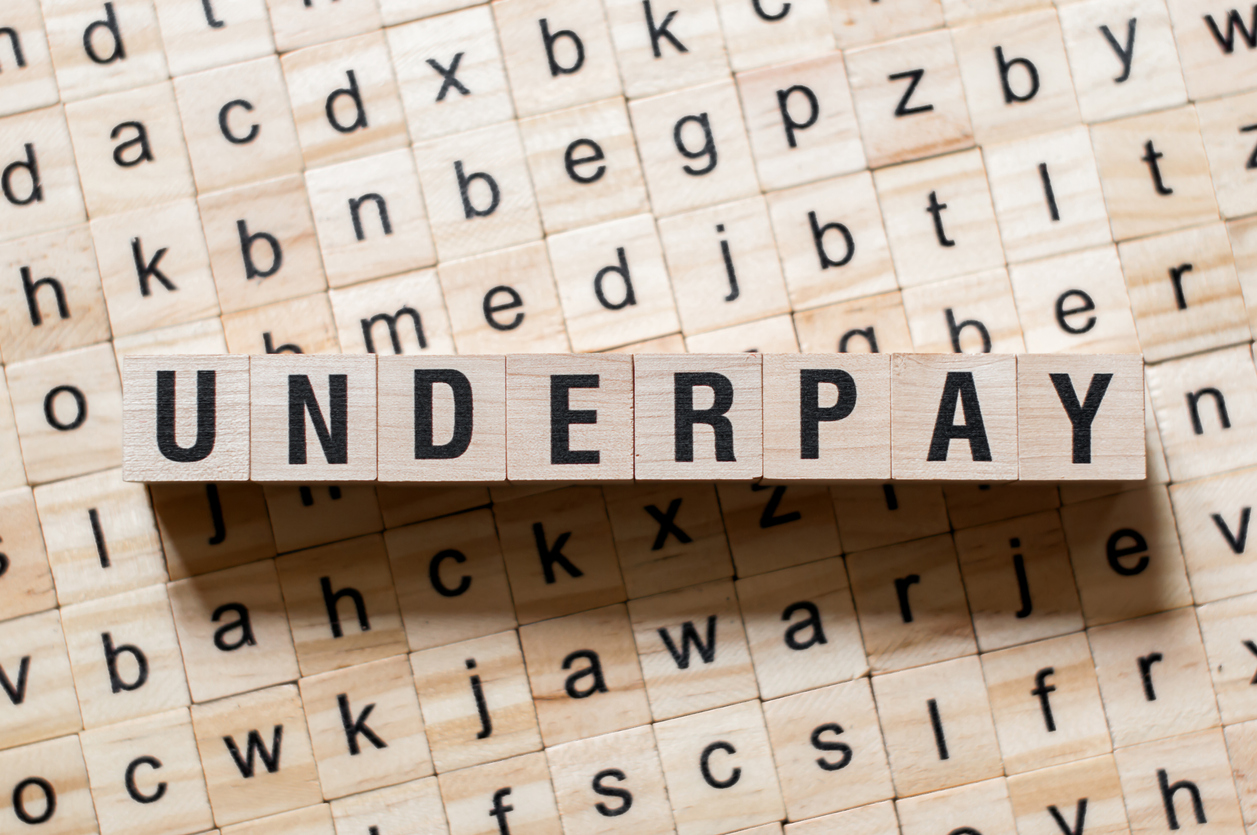The Florida Supreme Court will hear arguments about whether foreseeable consequential damages are recoverable when an insurer breaches its contract on Tuesday.1 Law360 is a great publication to keep abreast of the newest legal issues involving insurance and this is how it described the upcoming case:1
The Florida Supreme Court will hear arguments Tuesday on whether a policyholder alleging a breach of its policy — but not bad faith — can pursue damages beyond the policy limits for an insurer’s delay in paying a claim, in a high-stakes coverage dispute involving state-backed insurer Citizens Insurance Corp.
What’s At Stake
Citizens is seeking to upend a state appeals court’s May 2019 decision permitting a trio of apartment building owners to seek “consequential damages” in the form of lost rental income based on the insurer’s alleged breach of its policy obligations to properly adjust and pay their hurricane damage claim. Consequential damages are losses beyond the policy limits that can be attributed to an insurer’s policy breach.
In Citizens’ eyes, the property owners’ consequential damages claim is a “bad faith claim dressed in breach-of-contract clothing.” And the Florida Supreme Court previously found in the case of Citizens v. Perdido Sun that the state Legislature gave Citizens immunity from bad faith claims when it created the corporation as the state’s property insurer of last resort.
While Citizens is unique due to its state-backed status and bad faith immunity, the Florida Supreme Court’s decision on whether policyholders can recover consequential damages in pure breach-of-contract actions could also have a far-reaching impact on private insurers across the Sunshine State.2
The lower appellate court noted that consequential damages for breach of contract are ordinarily allowed:
[T]he trial court’s ruling ignores the more general proposition that ‘the injured party in a breach of contract action is entitled to recover monetary damages that will put it in the same position it would have been had the other party not breached the contract.’ Capitol Envtl. Servs., Inc. v. Earth Tech, Inc., 25 So.3d 593, 596 (Fla. 1st DCA 2009). Thus, when an insurer breaches an insurance contract, the insured ‘is entitled to recover more than the pecuniary loss involved in the balance of the payments due under the policy’ in consequential damages, provided the damages ‘were in contemplation of the parties at the inception of the contract.’ Life Inv’rs Ins. Co. of Am. v. Johnson, 422 So.2d 32, 34 (Fla. 4th DCA 1982). In T.D.S. Inc. v. Shelby Mutual Insurance Co., the Eleventh Circuit noted that Florida courts ‘allow recovery of [consequential] damages if they were in the contemplation of the parties at the time of the creation of the insurance contract.’ 760 F.2d 1520, 1532 n.11 (11th Cir. 1985). Similarly, in Rondolino v. Northwestern Mutual Life Insurance Co., the court held that ‘[i]f a party can prove loss of profits [from breach of an insurance contract] with reasonable certainty, then damages will be awarded.’ 788 F.Supp. 553, 555 (M.D. Fla. 1992). While T.D.S. and Rondolino are federal cases, we find them to be well-reasoned and to be consistent with this Court’s opinion in Travelers Insurance Co. v. Wells, which held that in a claim for breach of an insurance contract, ‘[c]onsequential or resulting collateral damage may … be recovered if it can be sufficiently proved.’ 633 So.2d 457, 461 (Fla. 5th DCA 1993).3
Of course, insurance companies do not want to be held accountable for anything when they fail to pay fully, on time and regardless of how much extra damage they cause to their customers. Accountability is important, and insurance companies simply refuse to be held accountable for the wrongs they commit—even to the customers they promise to pay fully and on time.
Hugh Lumpkin of Reed Smith is a great policyholder advocate and he co-wrote the amicus brief for United Policyholders. He makes the point that the traditional rule of contract law holds parties breaking their contracts accountable to pay for the foreseeable damages they cause to the non-breaching party:
‘The fundamental principle of the law of damages is that the person injured by breach of contract or by wrongful or negligent act or omission shall have fair and just compensation commensurate with the loss sustained in consequence of the defendant’s act which give rise to the action. In other words, the damages awarded should be equal to and precisely commensurate with the injury sustained.’ Hanna v. Martin, 49 So. 2d 585, 587 (Fla. 1950); see also Hodges v. Fries, 15 So. 682 (1894). Among the damages typical of a first-party insurance dispute are those owed under the insurance policy, interest, and common law Hadley v. Baxendale consequential breach of contract damages.
‘The basic rule governing the recovery of damages for breach of contract is set forth in the oft cited English case of Hadley v. Baxendale, 9 Exch. 341, 156 Eng. Rep. 145 (1854), which holds that the appropriate damages are those that arise naturally from the breach, or those that were in the contemplation of the parties at the time the contract was made.’ Life Investors Ins. Co. v. Johnson, 422 So. 2d 32, 33-34 (Fla. 4th DCA 1982). In measuring the injury sustained from a breach of contract, since at least 1874, Florida has adhered to the principles of law set forth in Hadley….
Whereas insurance policy limits provide a cap on a carrier’s liability in performance of the contract, ‘[u]nder the rationale of Hadley v. Baxendale, as presently applied to insurance contracts, consequential damages are viewed as arising from the breach of contract and, therefore are not limited simply to enforcement of the contract.’ Bob G. Jr. Freemon, Reasonable and Foreseeable Damages for Breach of an Insurance Contract, 21 TORT & INS. L.J. 108, 113 (1985)…A policyholder’s entitlement to consequential damages arising from a breach of contract depends on its ability to show: (1) contractual breach by the insurer, and (2) the existence of damages that arose naturally from the breach or were in the contemplation of the parties when the contract was made – not based upon a showing of the insurer’s lack of good faith.
Citizens Property Insurance Company argues that these traditional contract rules do not apply to it. It already is exempt from private enforcement of Florida’s Unfair Trade Practice Act since it is a quasi-governmental entity. Now, it wants to have no accountability. It claims it can breach its contracts with impunity except for the dollars owed under the policy, no matter how much wreckage it causes.
Chris Mammel of Merlin Law Group has been involved with this case even before he joined our firm. It has been a long legal battle. The oral argument on Tuesday morning will be interesting, to say the least.
Thought For The Day
We must reject the idea that every time a law’s broken, society is guilty rather than the lawbreaker. It is time to restore the American precept that each individual is accountable for his actions.
—Ronald Reagan
____________________________________
1 Citizens Prop. Ins. Corp. v. Manor House LLC, No. SC19-1394.
2 Jeff Sistrunk. Fla. Justices Set To Tackle Citizens’ Delay Damages Clash. Law360. Sept. 4, 2020. Available online (paid subscription) at https://www.law360.com/florida/articles/1295237/fla-justices-set-to-tackle-citizens-delay-damages-clash?copied=1
3 Manor House v. Citizens Prop. Ins. Corp., 277 So. 3d 658 (Fla. 5th DCA 2019).




